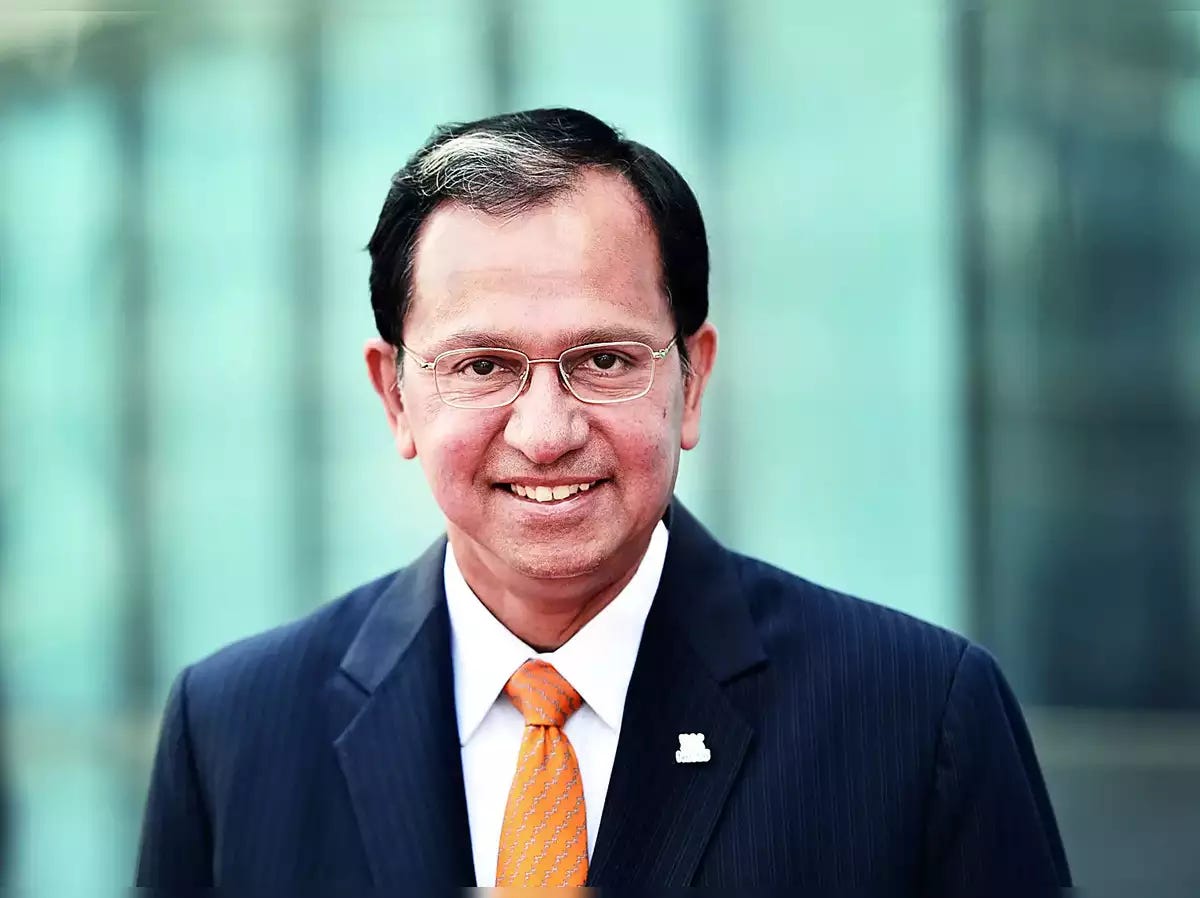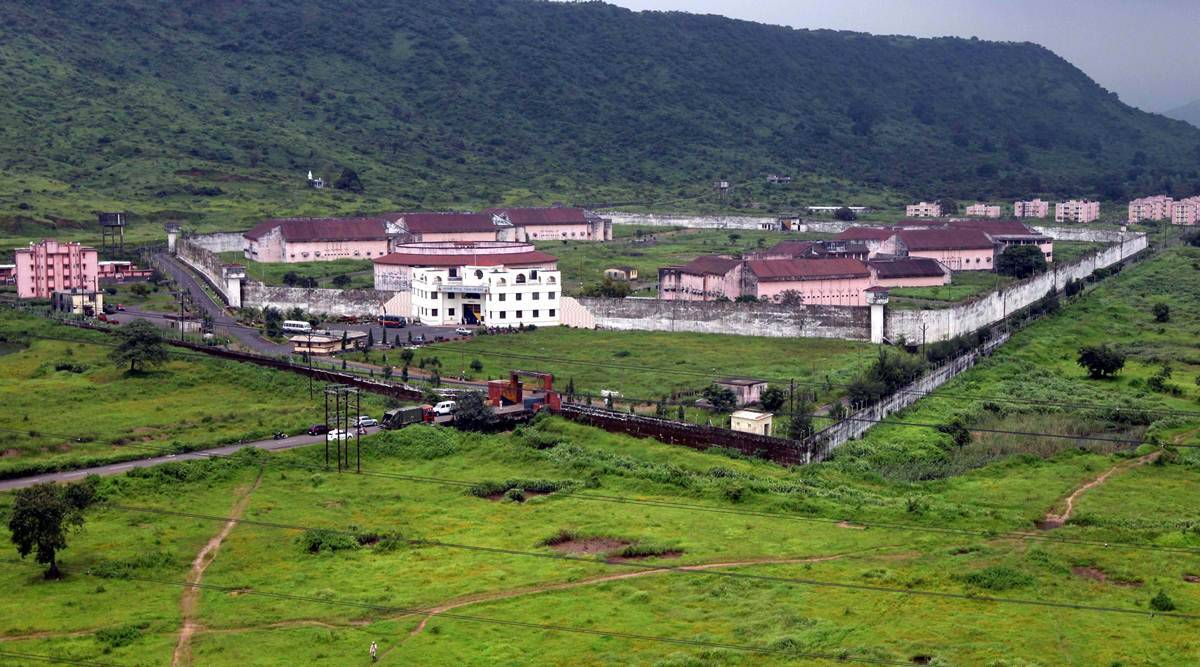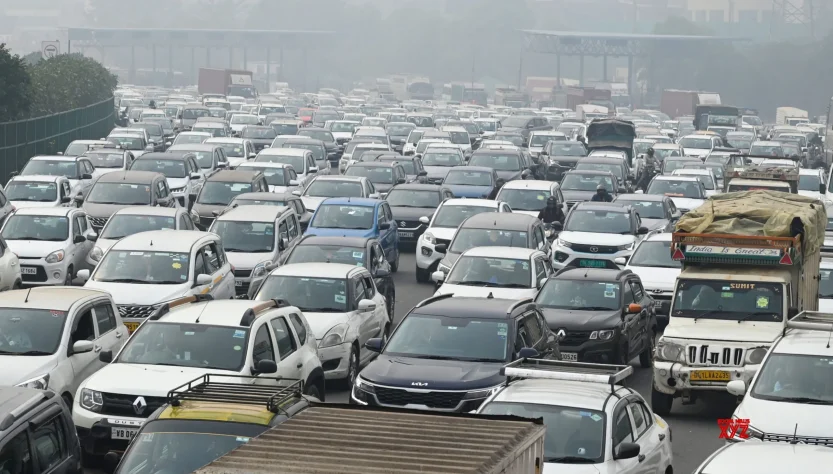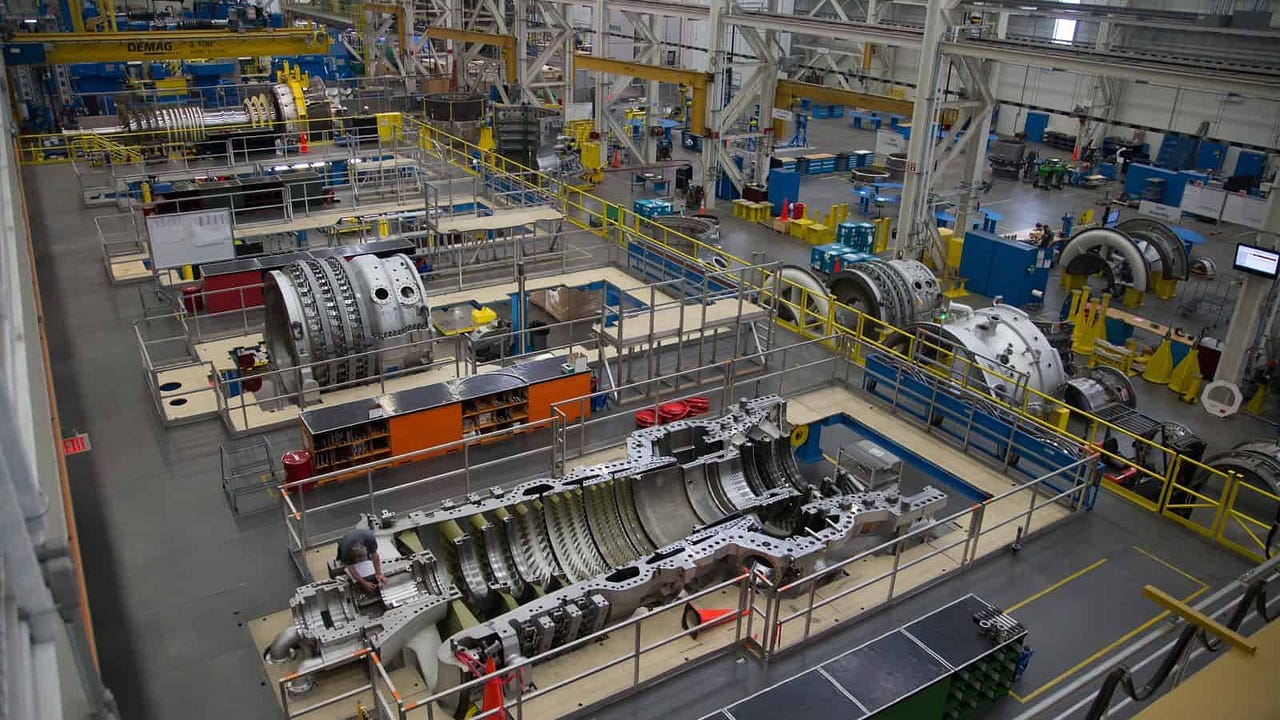
Here are fifteen top reasons why India will never become a manufacturing hub for the world;
1. Expensive Power, expensive fuel (petrol and diesel) due to high taxation.
Most
of the power generation is in private sector now, if not the
generation, then distribution is in private sector. Adani is a major
player in this sector. Most of the power generation is done using coal
in thermal power plants. Adani owns coal mines in Australia from where
coal is being imported and is being forced on other power generation
companies via an executive order that all coal used in thermal power
plants has to have a 20% imported component. Coal that is landing on the
east coast has to be sent by cargo to Adani’s west coast port of
Kandla, from where it is supplied to thermal power plants across the
country, thus adding freight to the already existing cost. All these are
policy decisions taken by Modi Government.
Solution: Bring power under Public Sector and switch to renewable sources, cut down on use of coal.
2. Expensive Manpower, coupled with poorly skilled manpower.
Cost
of living is very high in India as there is runaway inflation, health
care is now in private hands and so is education. The public education
system has been systematically destroyed and degraded such that only the
poorest of poor are sending their children to government schools.
Housing is expensive, transportation costs have gone up because of
expensive petrol and diesel. There is toll tax for use of roads almost
everywhere. All this makes manpower expensive as living wages are high.
The other problem is even the manpower that passes the gates of
universities and colleges is unemployable. As per reports 90% of
engineering graduates are unfit for work. There is no program for
skilling people. The program Skill-India has delivered a still born
baby.
Solution: Have free or highly subsidized ITI’s that can do skill training. Government should run these institutes.
3. Expensive Land.
All
land is expensive, especially when it is close to ports and inside
cities where labor can be sourced easily. This adds to the cost of
setting up a project. For the businessman / industrialist, the cost of
the project starts the moment they borrow money as there is no grace
period for charging of interest. Setting up a manufacturing unit from
concept to operation can take anywhere between 6 months to 2 years. By
the time production starts and goes commercial, the businessman is
already under a lot of financial stress.
Solution:
Government should allot land for free or at highly subsidized rates,
like it is done by various state Industrial Development Corporations.
Government should create all support infrastructure, like roads,
transport planning for raw material, finished material and manpower.
4. Poor Design Facilities
Every
business house / industrialist has to set up his own design and
development facility. This is not the case in China where common design
and development facilities are available. Because of this, the cost of
putting out a new design is prohibitive.
Solution:
Government should set up design and development centers where
businessmen and industrialist can bring their designs and do rapid
prototyping thus reducing the cost of setting up individual design
centers. These design centers should be equipped with latest high power
computers and 3D Printers and should allow design to die cycle.
5. Heavy Taxation.
India
is one of the worst country as far as taxation is concerned. There is
24% corporate tax and up to 33% personal income tax. On top of that
almost everything is under Goods and Services Tax which ranges from 5%
to 28%. These taxes make living cost expensive and is theft of labor.
Taxes are taking away money that usually was ending up as saving. Banks
have been forced to offer higher interest rates to mop up funds for
lending.
Solution: Go easy on taxing the common man, go
aggressive on taxing the rich and luxury products. If possible, do away
with personal income tax and take only indirect tax via GST regime.
6. Rampant Corruption top to bottom. Local Politicians and Goons too.
There
is corruption everywhere. Nothing moves without money being paid.
Recently the BJP government of Karnataka, which lost the elections, was
accused of 40% corruption and that too by its own members who were
business owners. Corruption adds to the cost of doing business and also
leads to substandard products. Narendra Modi’s tall claims that
corruption has ended are all but gas. The Karnataka Government
Contractors Association went public with their allegations and was
willing to provide proof of corruption.
Solution: The
fountainhead of corruption is the corrupt and expensive election system.
BJP has been taking Electoral Bonds and also extorting money misusing
ED and CBI (as per allegations) from businessmen and industrialists.
Those who don’t comply are raided and harassed by ED, CBI and Income Tax
Department. This is nothing but tax terrorism. Election Commission
should reduce the upper limit of money being spent on election to 2
Lakhs for MLA and 5 Lakhs for MP. Only then will the rot stop.
7. High Finance costs and corruption in getting finance.
Bank
interest rates are high, ranging between 10 to 14% for businessmen.
Compare this with 4 to 6% in China. Indian businesses can not compete
with such high interest rates. Also, there is rampant corruption in
getting loans sanctioned. Bribes are common, other than that many other
inducements have to be given to get a loan sanctioned.
Solution:
Ensure interest rates for businessmen and industrialists are in the
same range as China / US and let there be a grace period for charging
interest from disbursement to start of production.
8. Expensive Raw Material.
Raw
material costs are high because of many factors, wages, transportation,
expensive land, corruption in allocation of resources (for extraction
of raw material). All of these add up to the cost of the product. Our
products end up being expensive as compared to similar products from
China. Why would anyone buy from us when the Chinese products are better
designed and cheaper?
Solution: Address each part of the
problem, reduce living costs such that wages can be brought in line,
reduce taxes on petrol, diesel such that transportation can become
cheaper, allocate resources in transparent manner keeping national
interest uppermost in mind.
9. Crony Capitalism
Only
a handful of businessmen and industrialists are capturing most of the
industry. Government policies are created for them (and some say by them
for themselves!). This is also because these businessmen and
industrialists finance the government, the ruling political party to
ensure continuity of their favored positions. Over the last 10 years,
the SME (Small and Medium Enterprises) sector has been completely
destroyed due to this crony capitalism. SME Sector is the larges job
creator in India, no more.
Solution: Ensure wider
participation for all businessmen and industrialists. Encourage the SME
sector with liberal loans, lands and other incentives. Protect and
nourish this sector.
10. Bureaucratic Red Tape.
It
is almost impossible to set up a business / industry in the country.
There is so much red tape that it becomes difficult to cross all
hurdles. In China they have a single window approach. Here once again
corruption in all departments ensure that it takes ages for setting up a
business and bringing it online.
Solution: Take the
Single Window approach. The businessman should not have to approach
anyone other than a single point of contact within the government. All
clearances should be obtained through this single window.
11. Poor Policy Framework.
Government
has a poor policy framework. This is because of crony capitalism and
the policies being created by the rich for the rich. The government is
just allowing anything to go.
Solution: Take everyone on
board. There is enough for everyone but not enough for the greed of the
top 100-1000 businessmen and industrialists.
12. Industrialists and Businessmen being looked as source of loot.
Everyone
looks are industrialists and businessmen as sources of funds. They want
your money by hook or crook. They think that the industrialists are
rolling in money (indeed some are due to policies, but they are
adequately protected), and everyone is trying to extract money from the
businessman.
Solution: Have a better law and order system
which ensures that businessmen and industrialists don’t suffer from
illegal extortion.
13. Expensive Logistics and Warehousing Costs.
Petrol,
Diesel prices being high, leads to high logistics costs, add to that
the cost of labor which has to live in the same space as everyone else
and even paying living wages is adding to the cost. With land being
expensive, setting up warehousing is an expensive proposition. Most of
the warehousing is at far flug places, adding to the transportation
costs for every product produced and delivered.
Solution: Have a re-look at the warehousing policy, allow warehouses closer to the population, reduce taxes on petrol, diesel.
14. Poor Management Policies.
In
companies, most of the labor is on contract basis. This has become
possible due to lax government policies and corruption in those who run
labor unions. Also, absence of jobs leads to availability of labor that
can be taken on contract rather than on the payroll. There are people
willing to work even on contract. This creates lower wage situation for
the workers and also there is no safety net for them in case the
organization fails.
Solution: Ensure worker protection and fair wages through strict implementation of policies that favor the worker.
15. No External Focus and no attempt to serve the world.
Indian
businessmen and industrialists live in a protected market and this is a
huge market. Thus, they produce substandard quality of goods that sell
because superior quality goods are being made expensive through customs
duties and taxes.
As the businessmen and industrialists have a
captive market, they are not expanding to address the international
market, nor are they improving their designs or doing innovation. This
has led to their focus being only on domestic consumption. In turn this
leads to poor quality of products which don’t have an international
market. Also, the cost of products is high as per reasons given above,
making products made in India expensive compared to China. For the
international consumer or even Indian consumer, his first loyalty is to
his wallet, thus these substandard products are falling off the radar
both nationally and internationally.
Solution: If all the problems
listed above were addressed then Indian businessmen and industrialists
can start to concentrate on exports and that will help the nation in
bringing in foreign exchange and also lead to rise in our economic power
across the world.
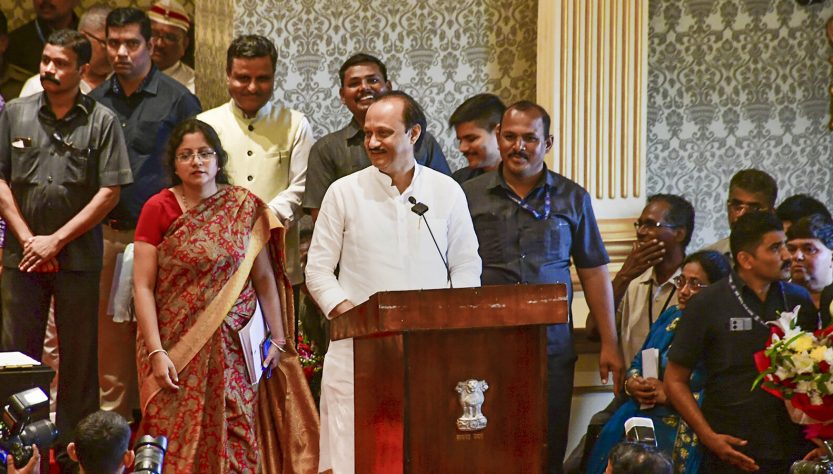

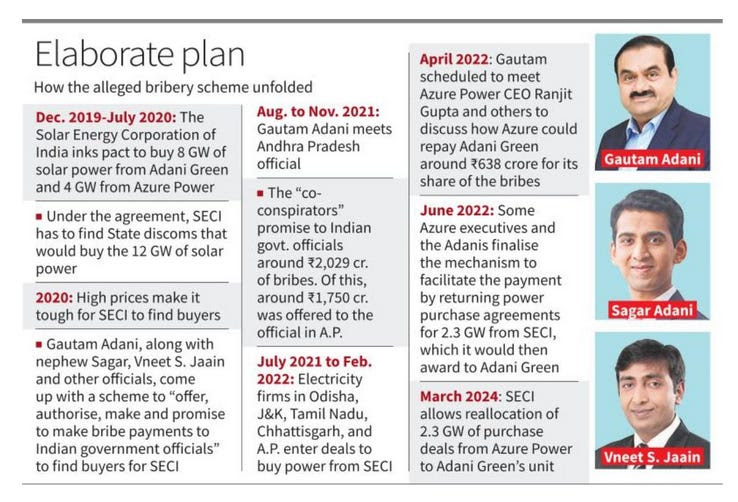
:max_bytes(150000):strip_icc()/money-laudering-6cb10f0b844d460a99ab04b349da29ae.png)

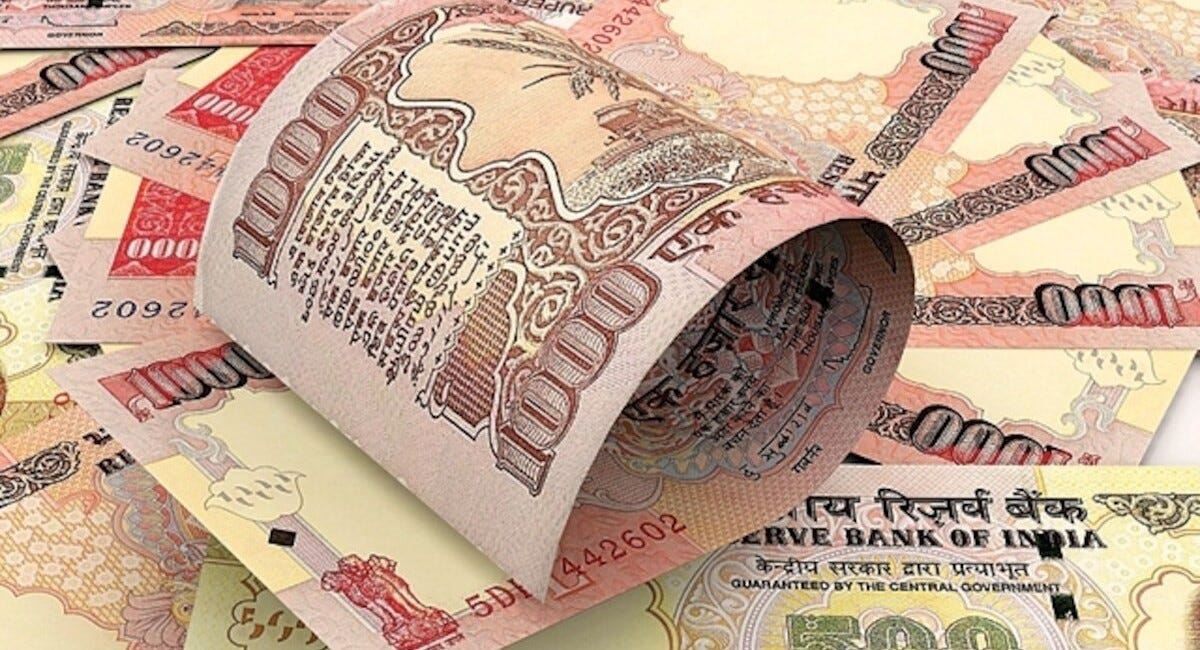





)


